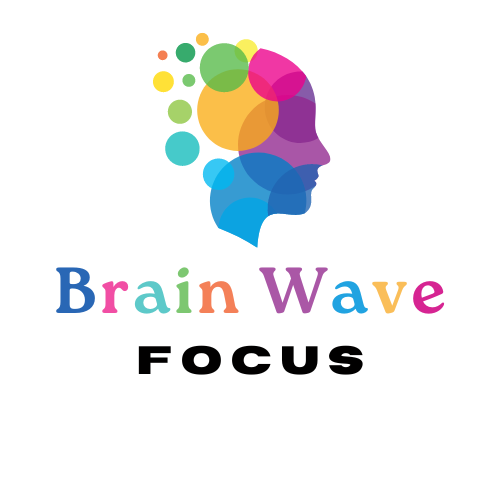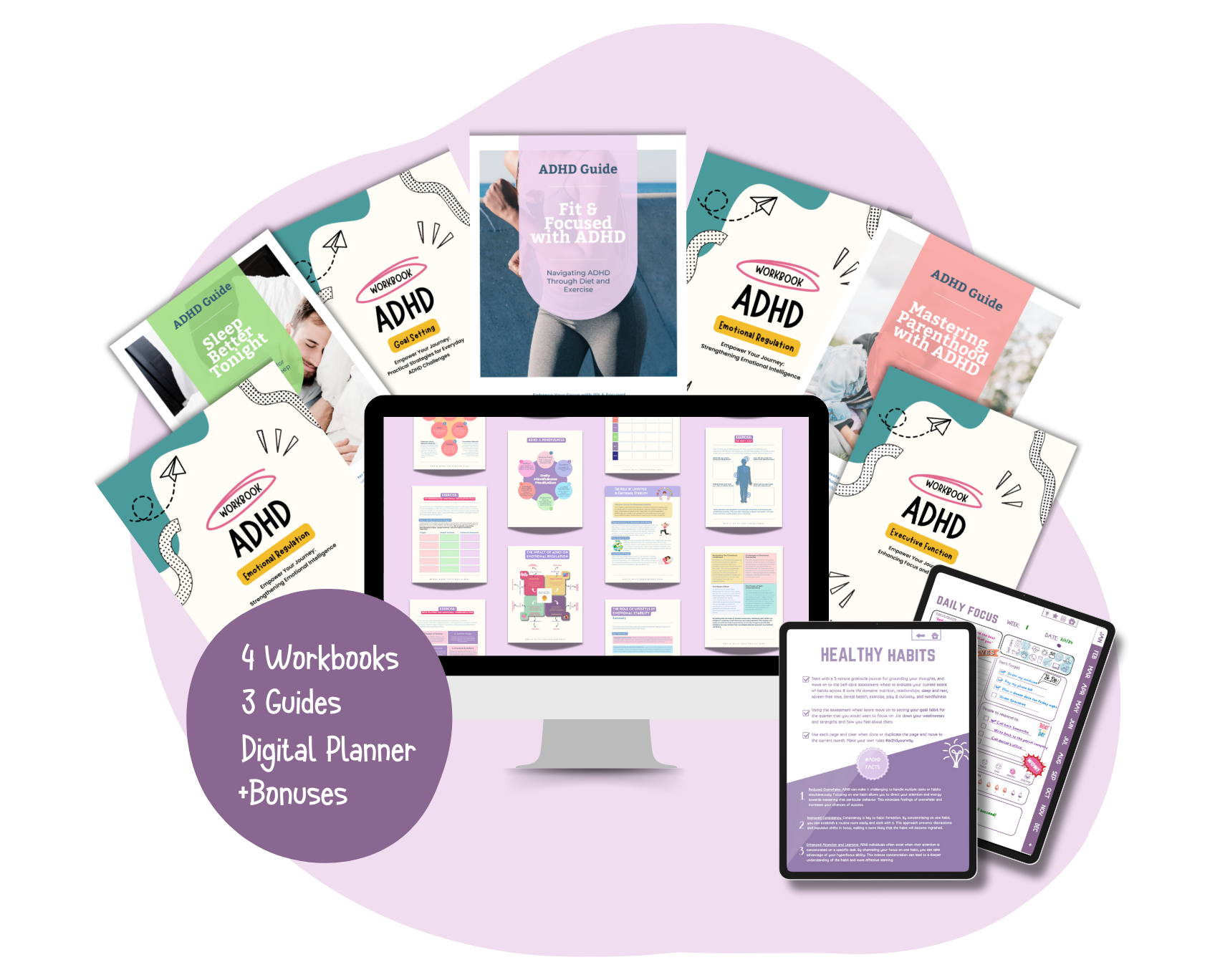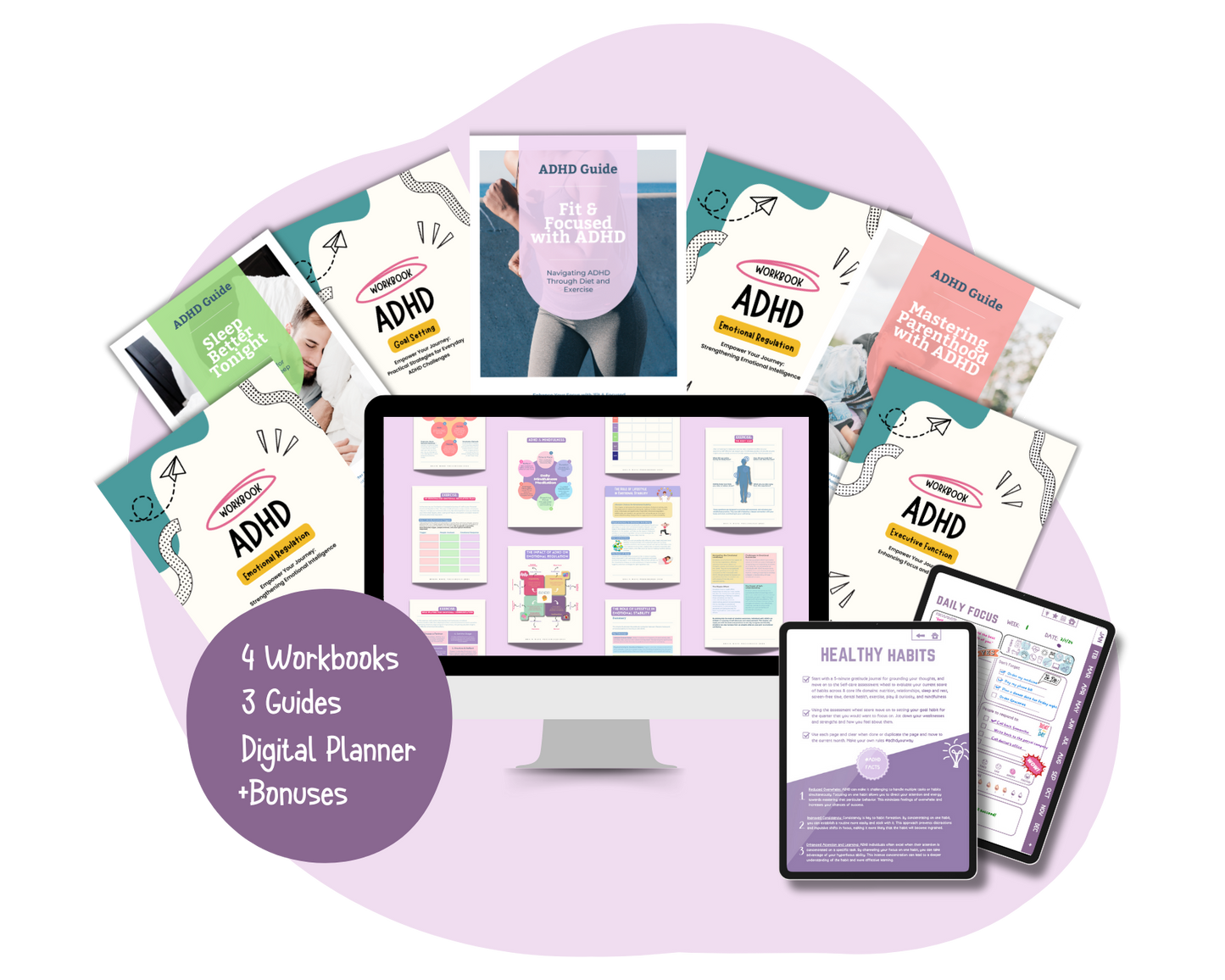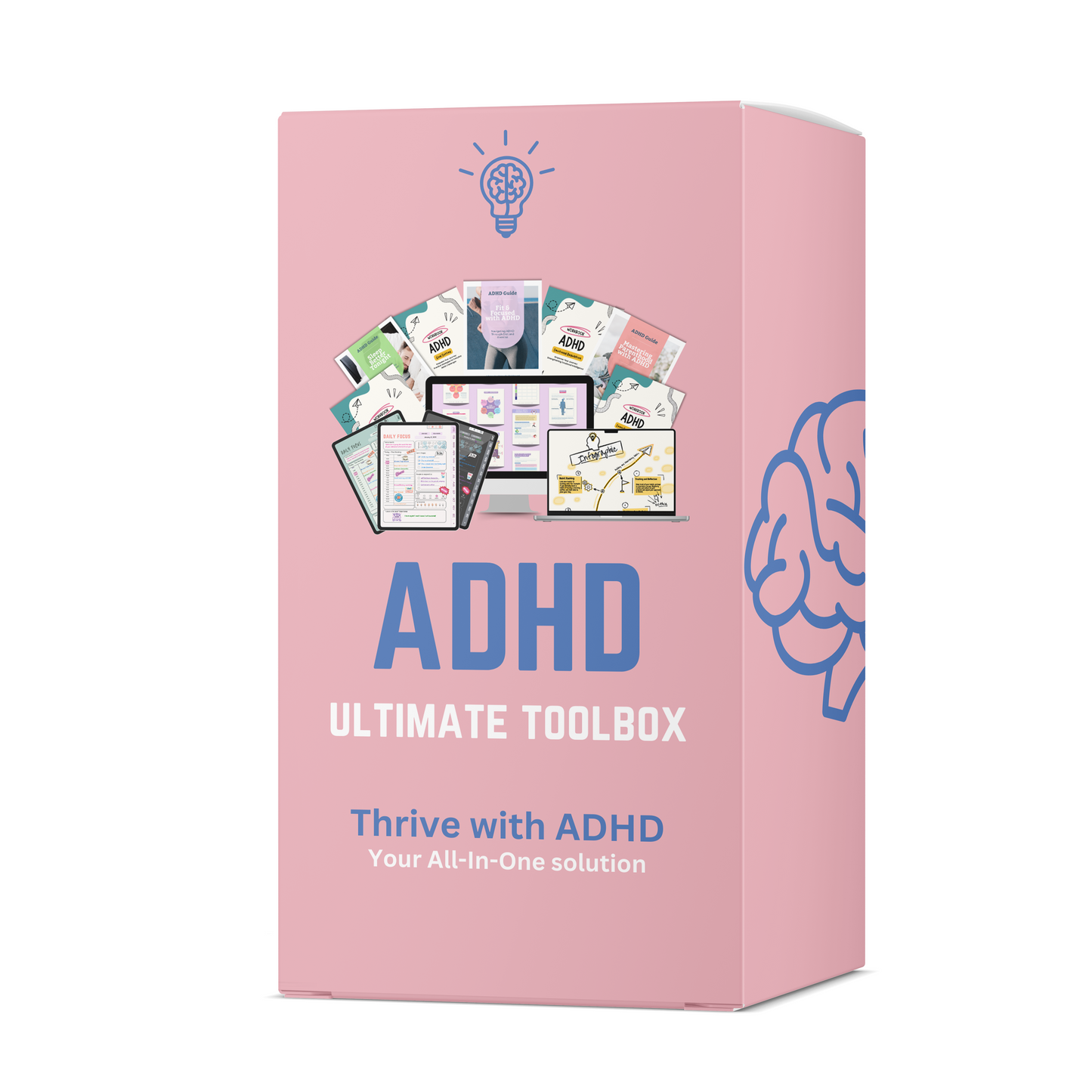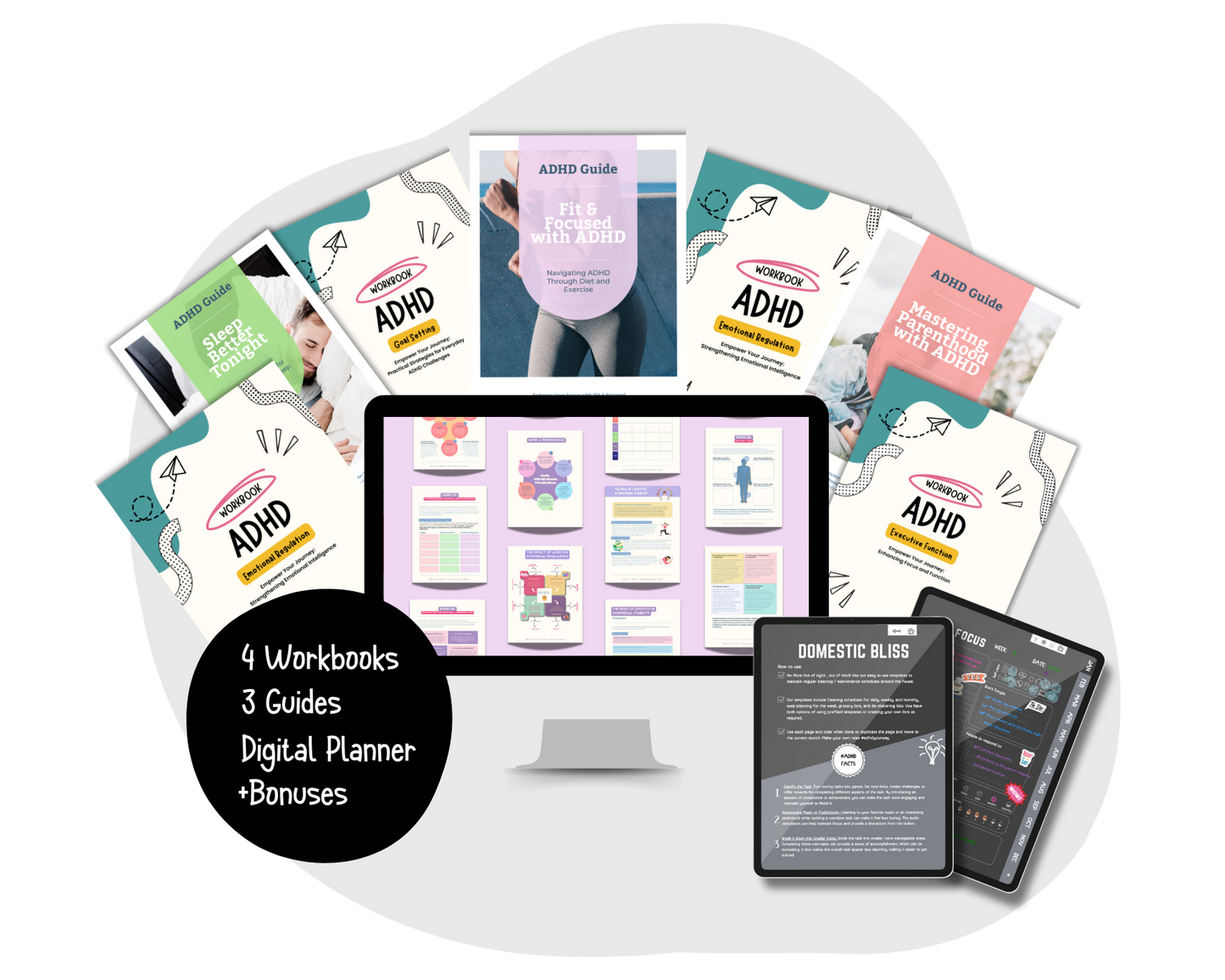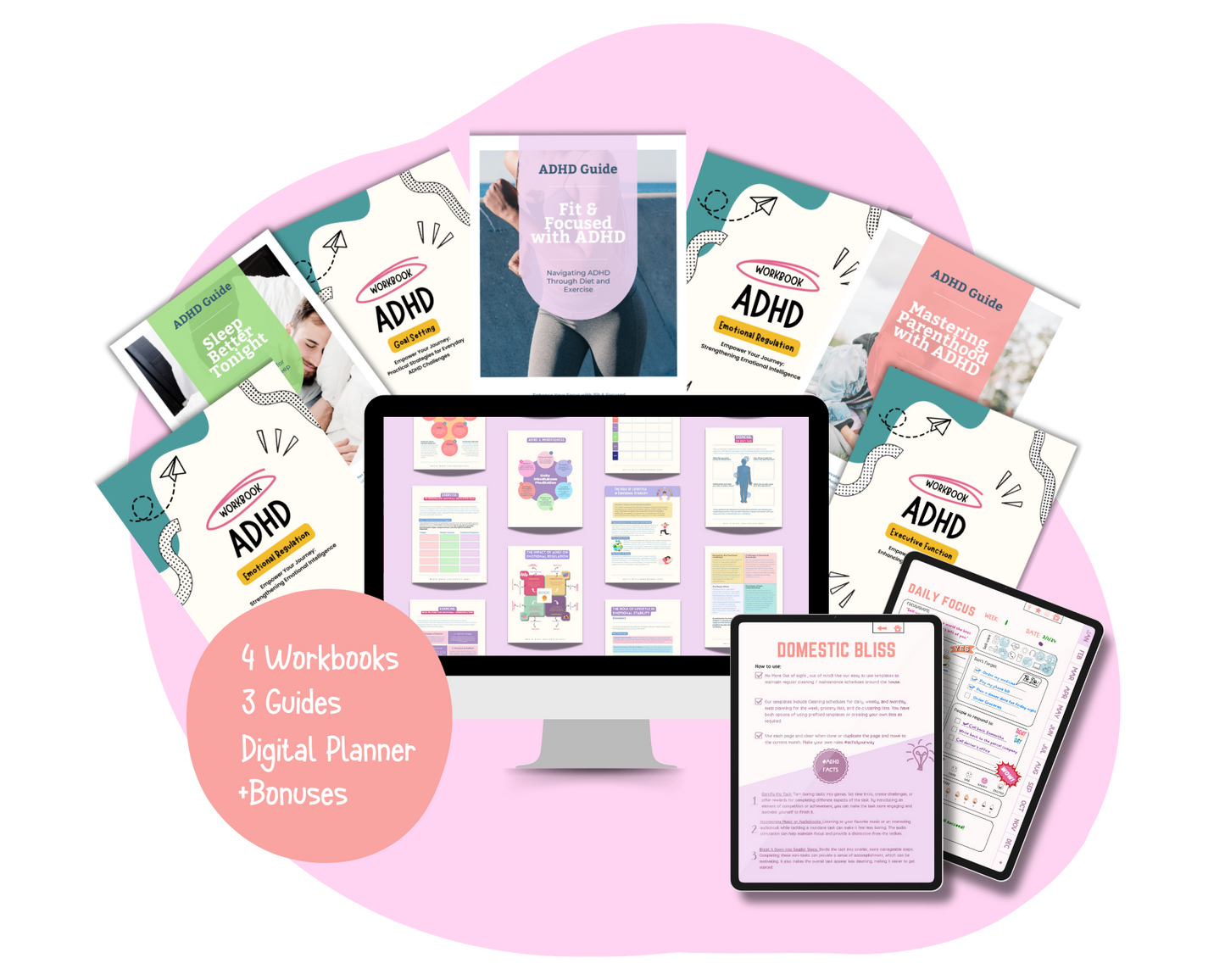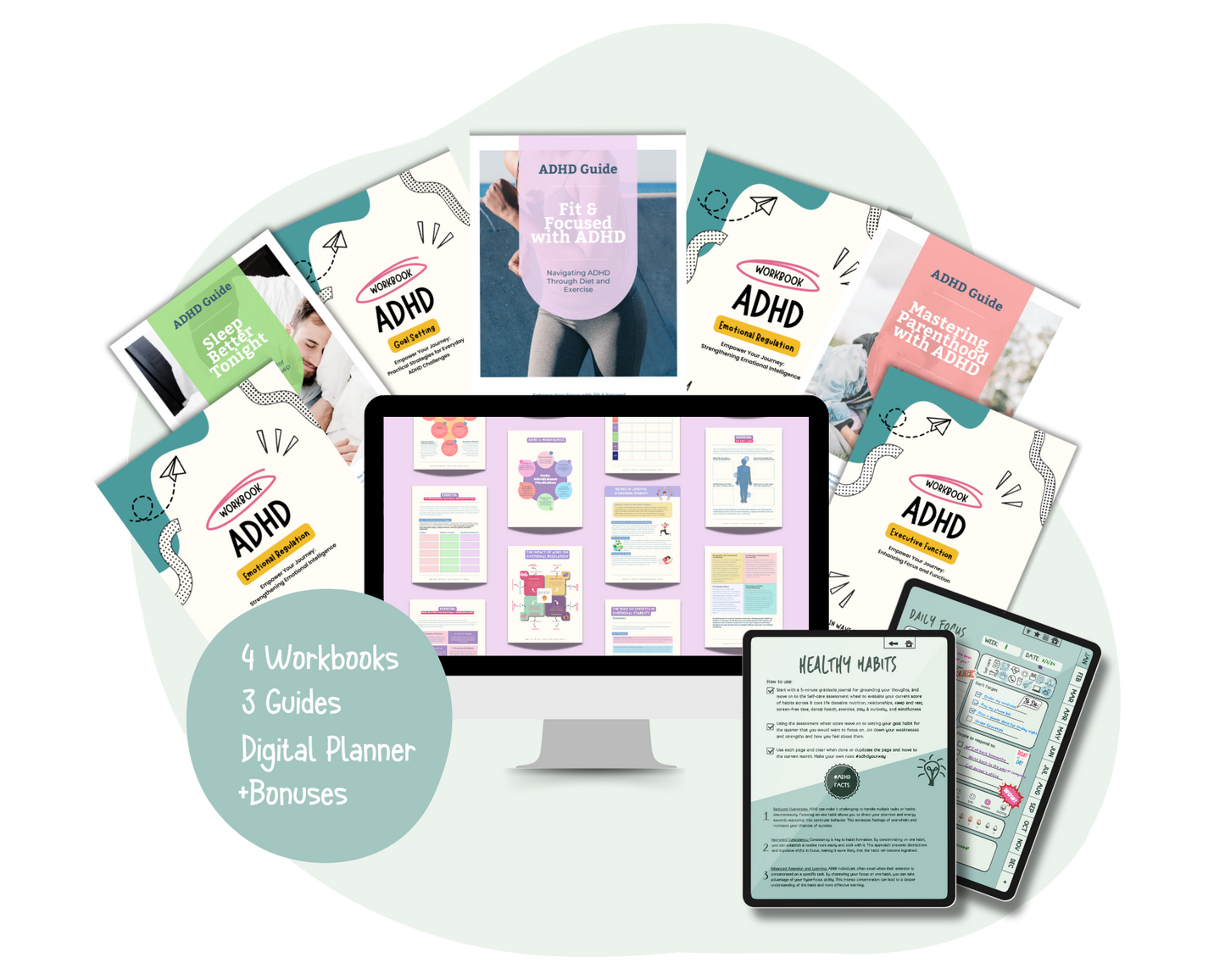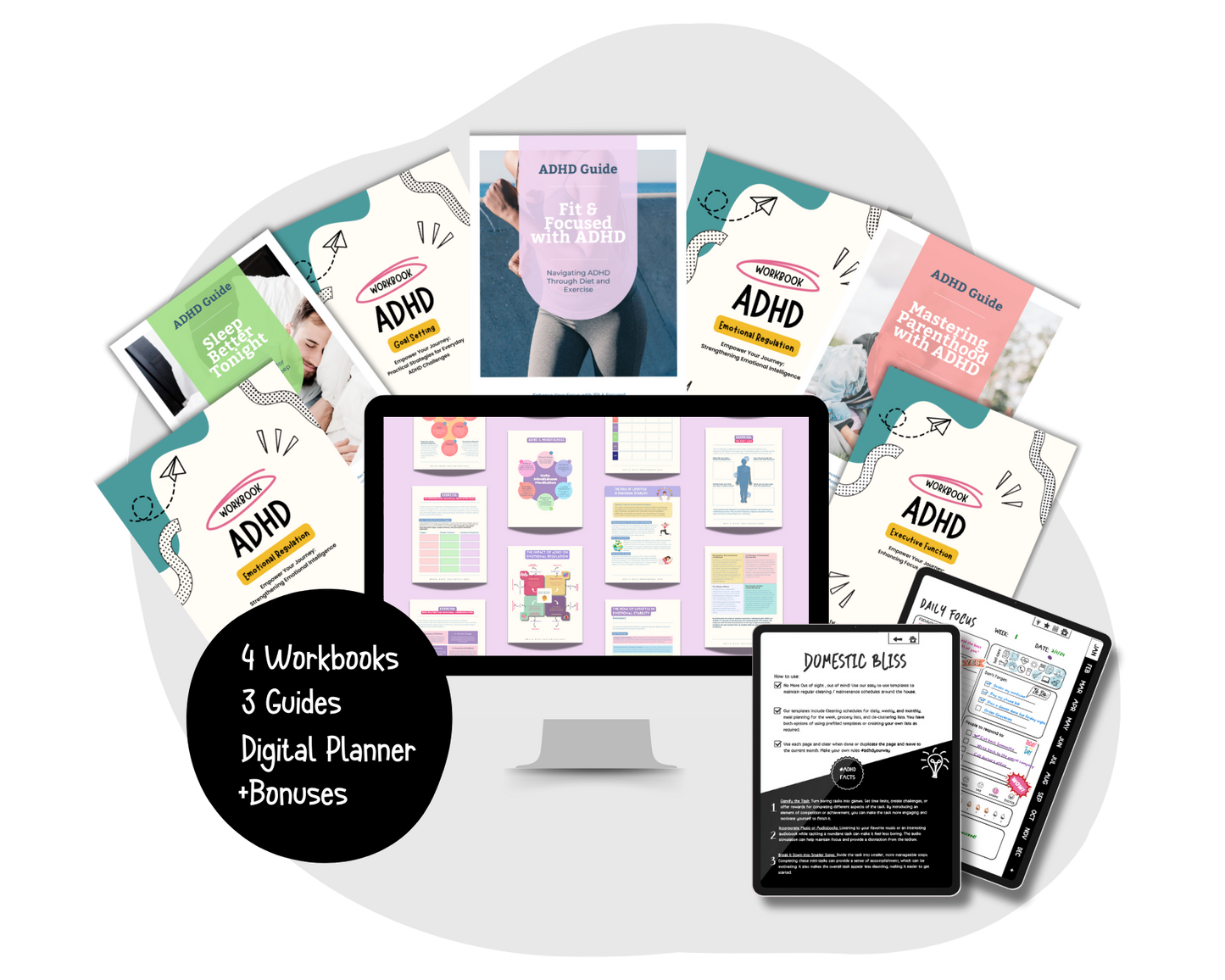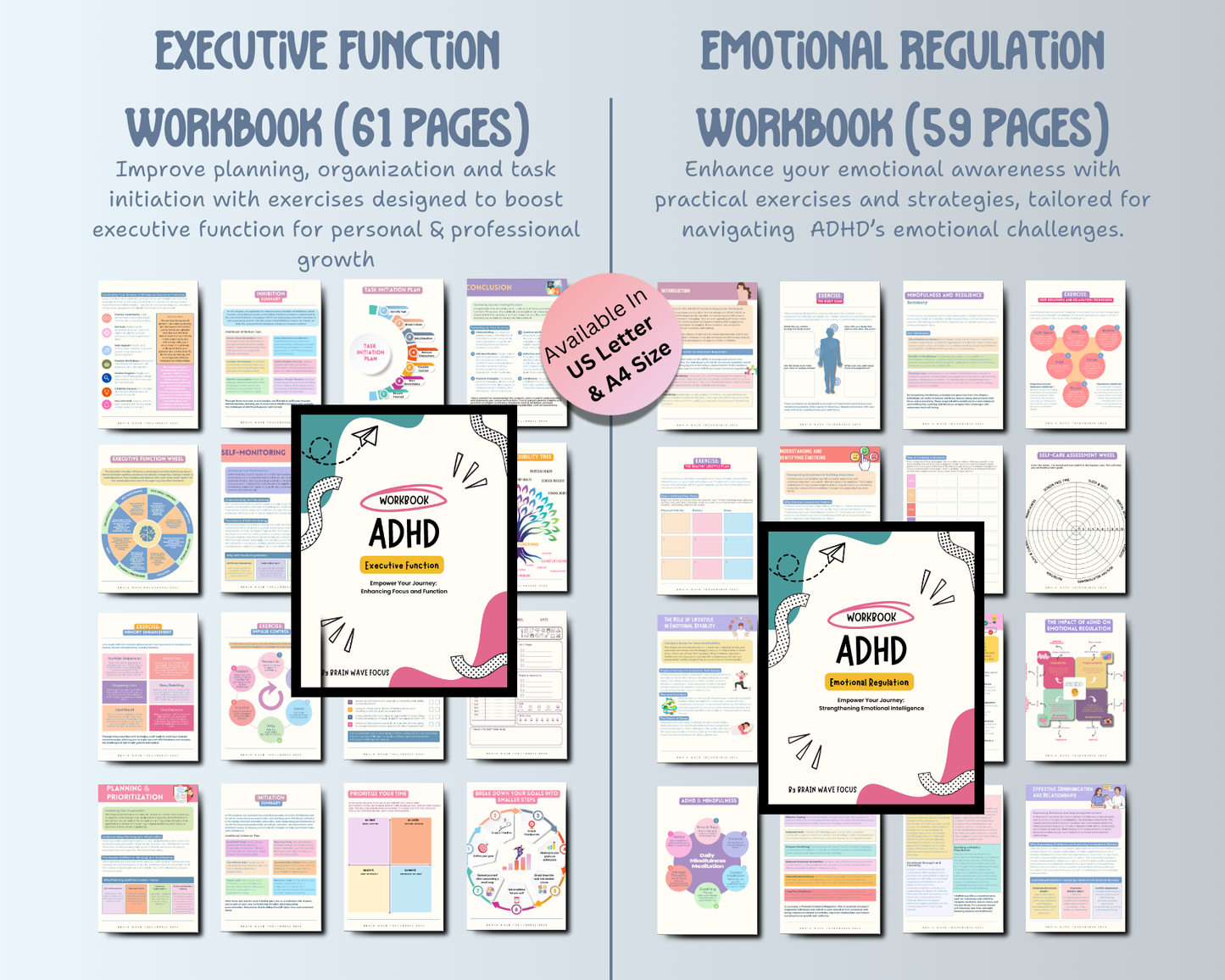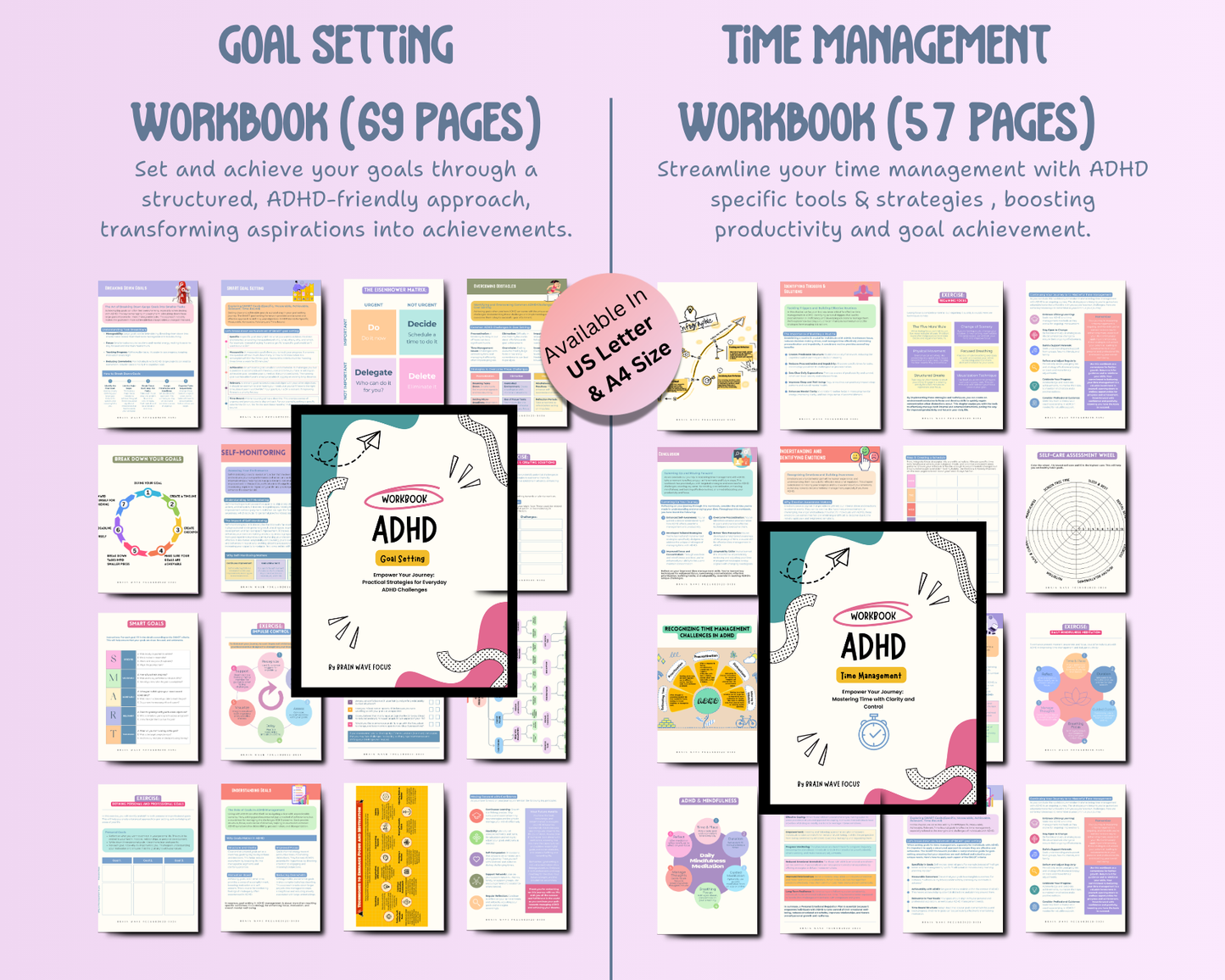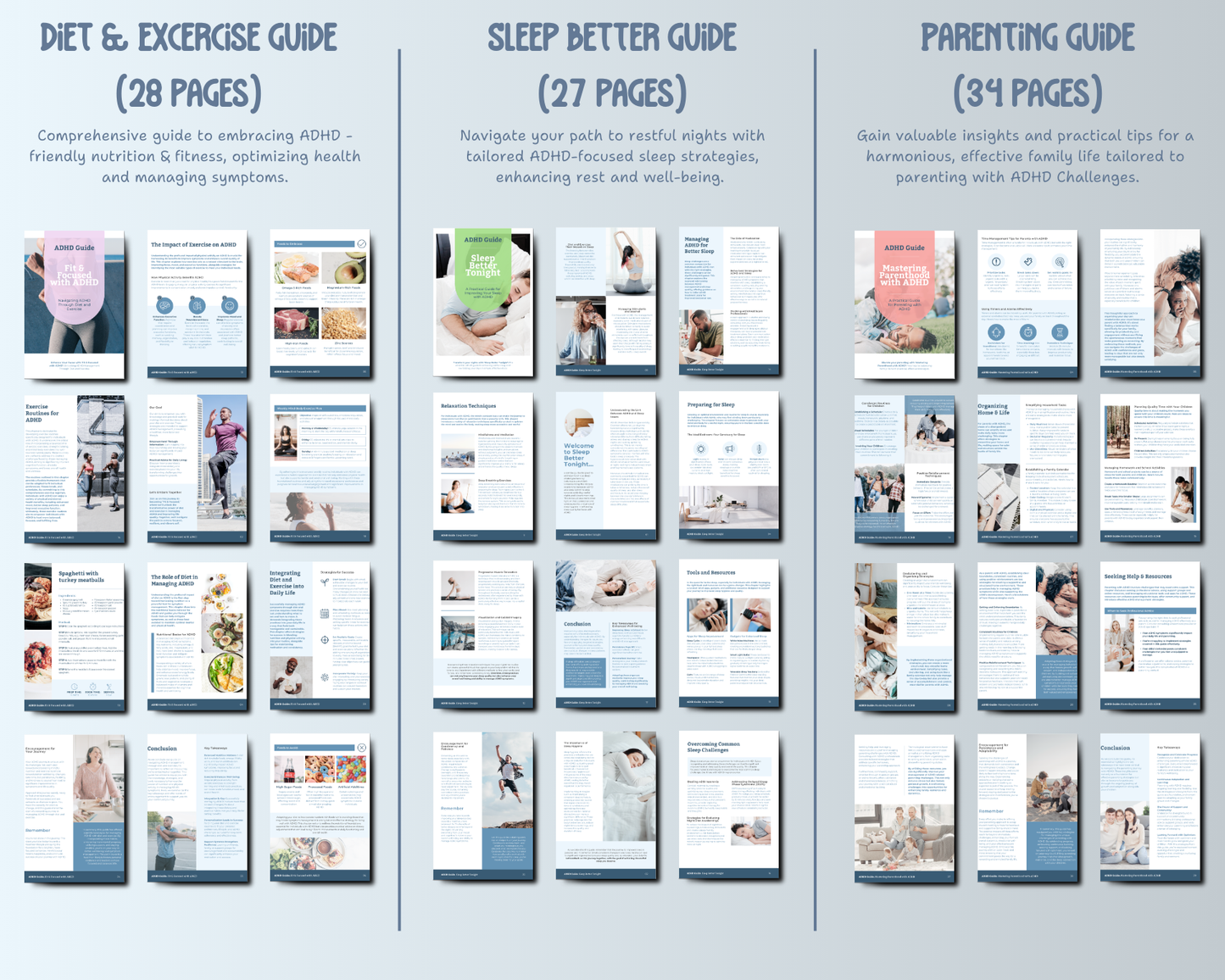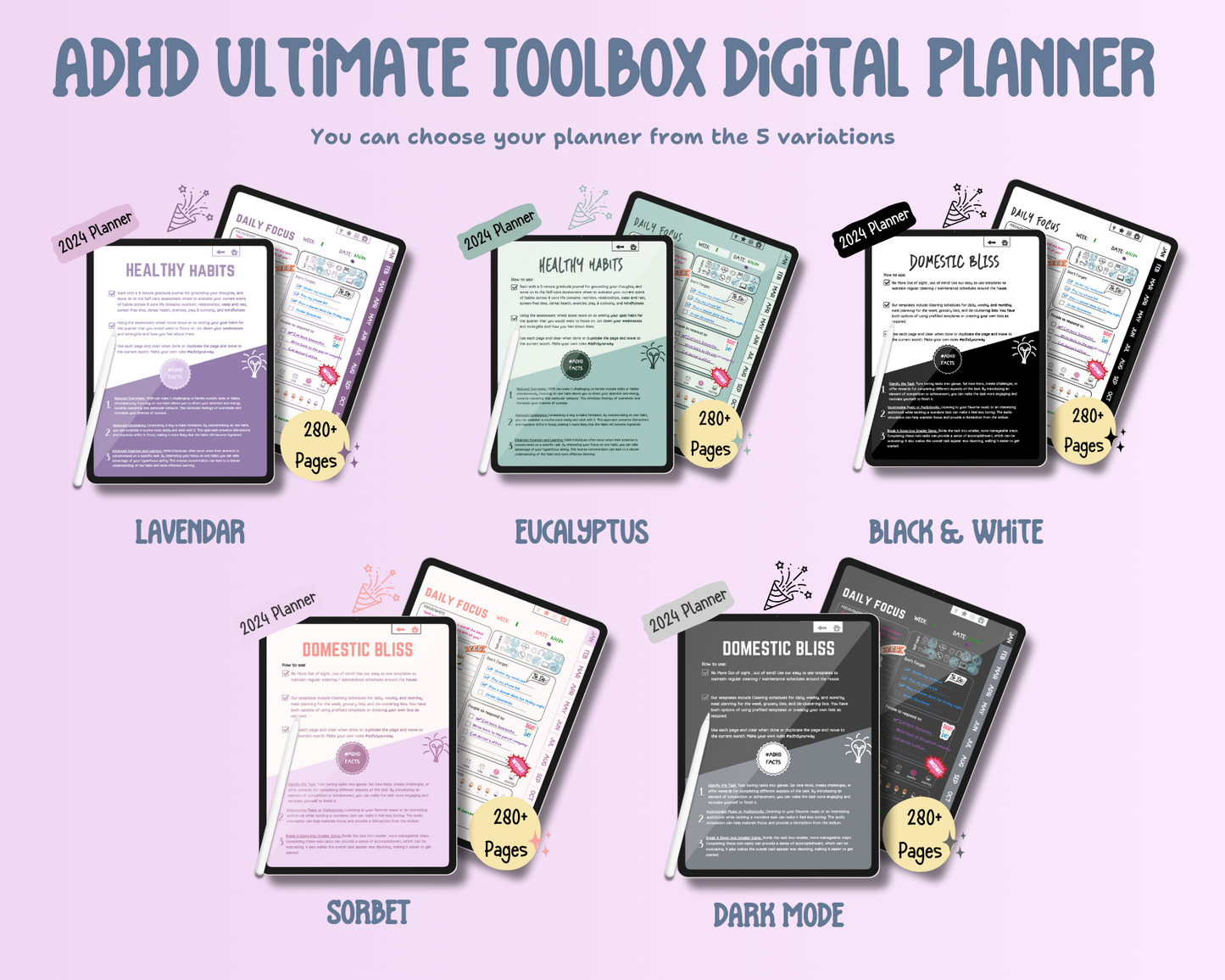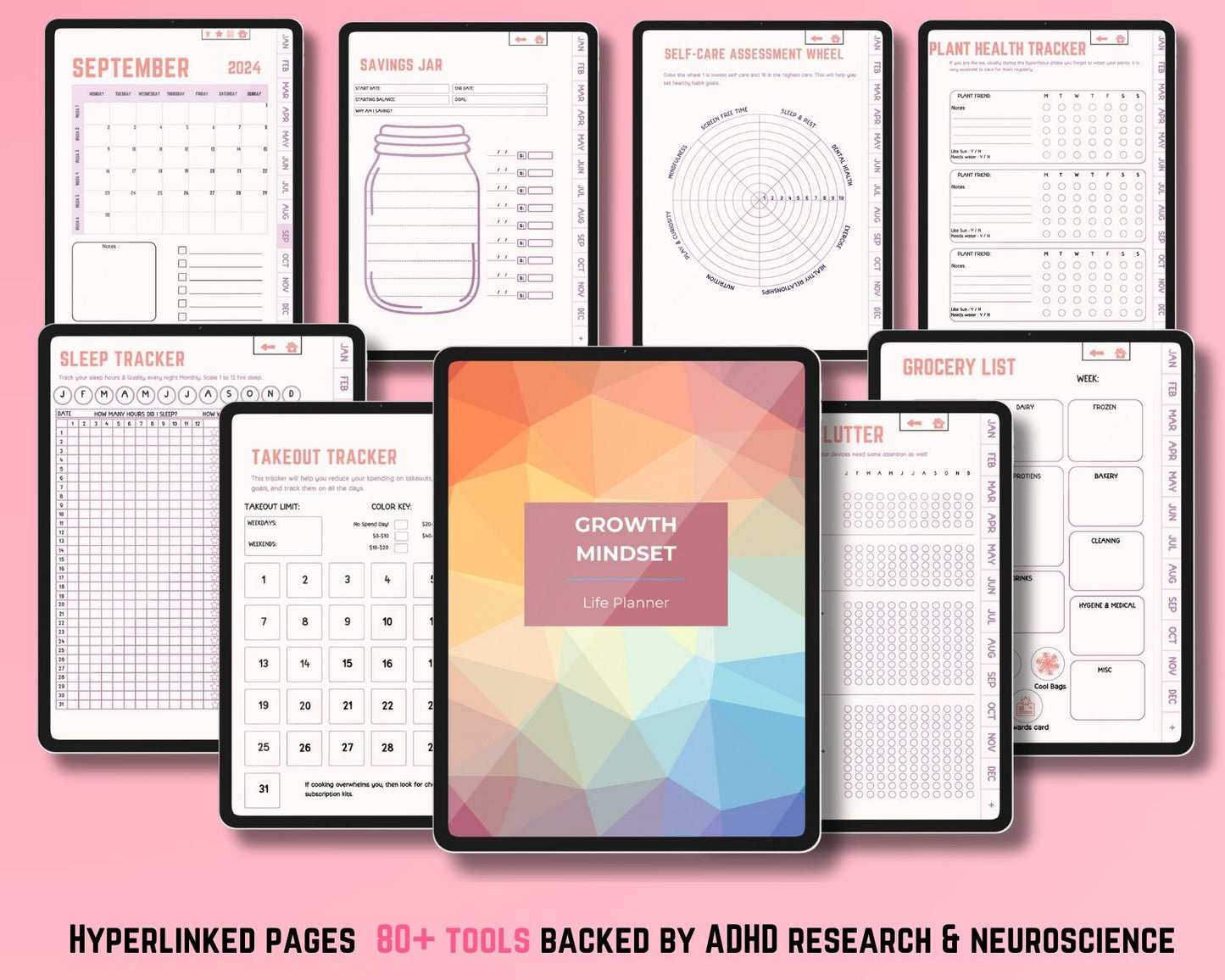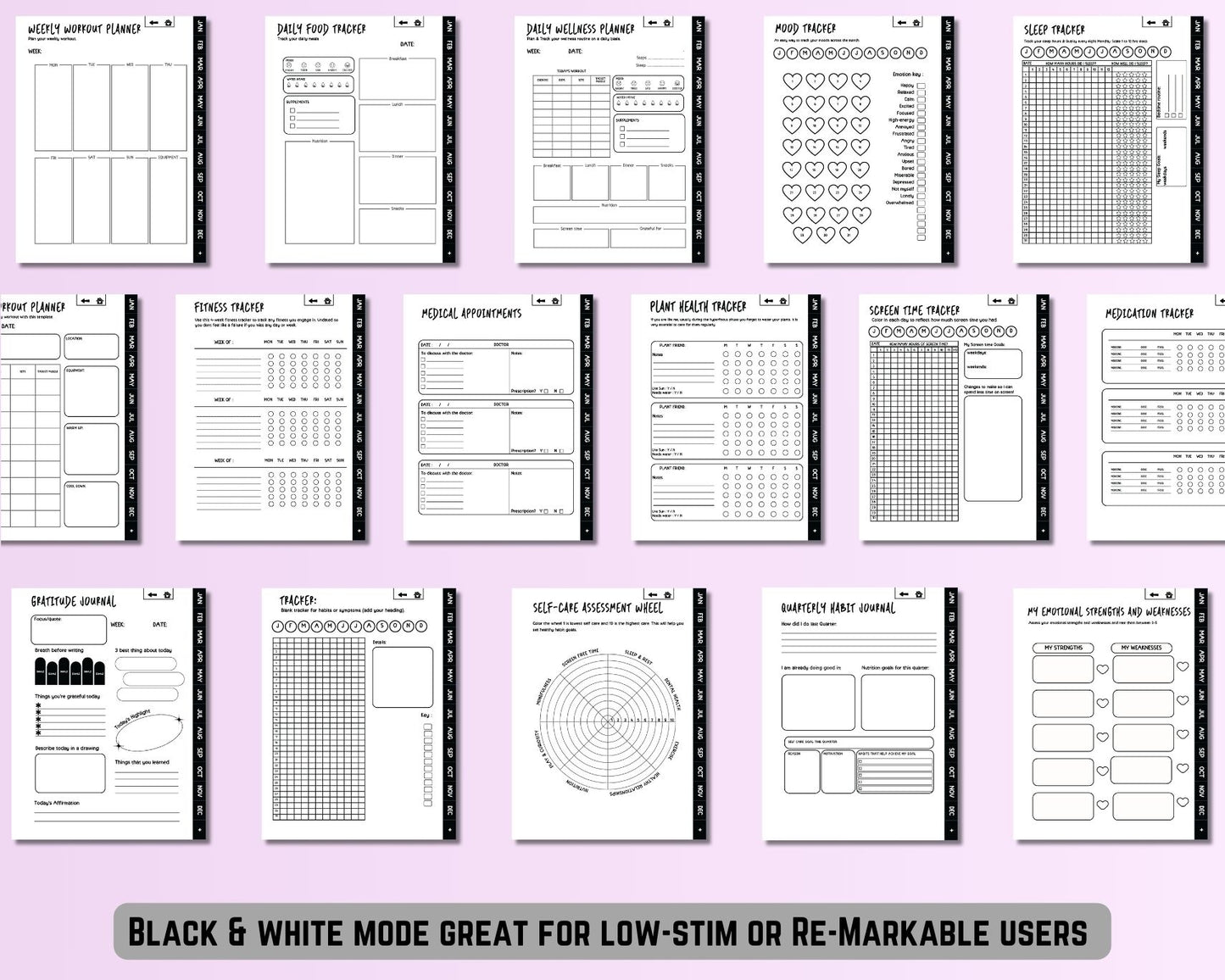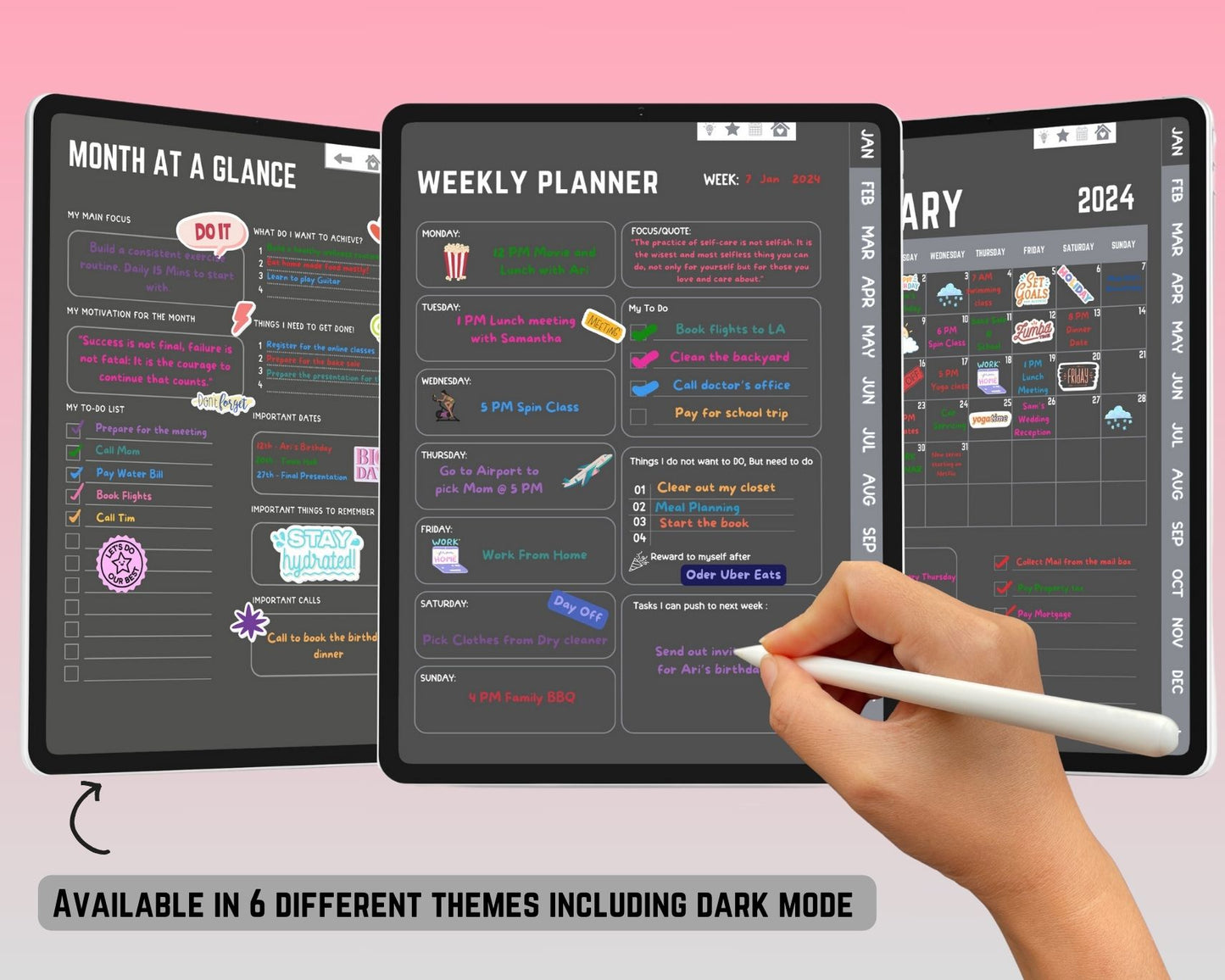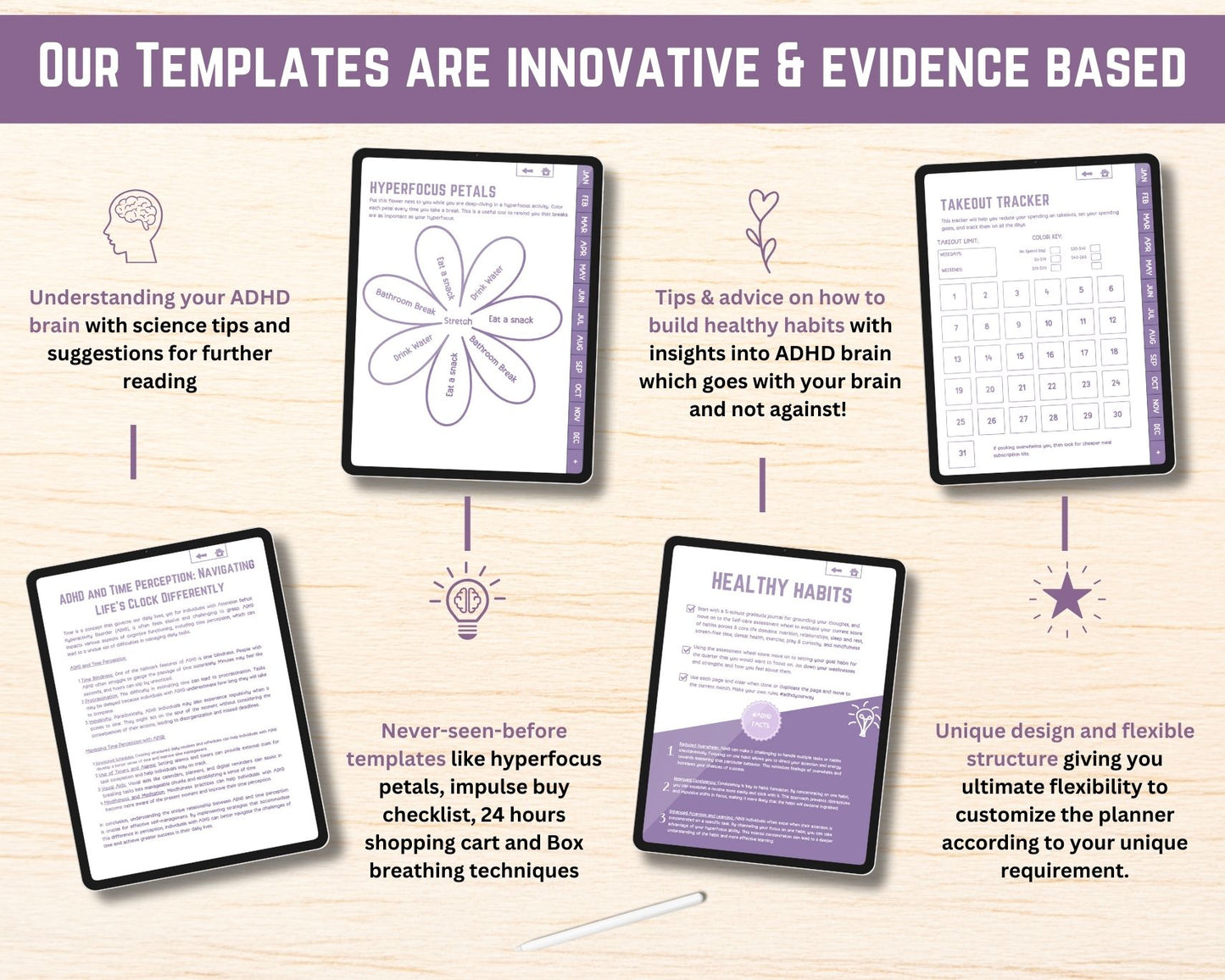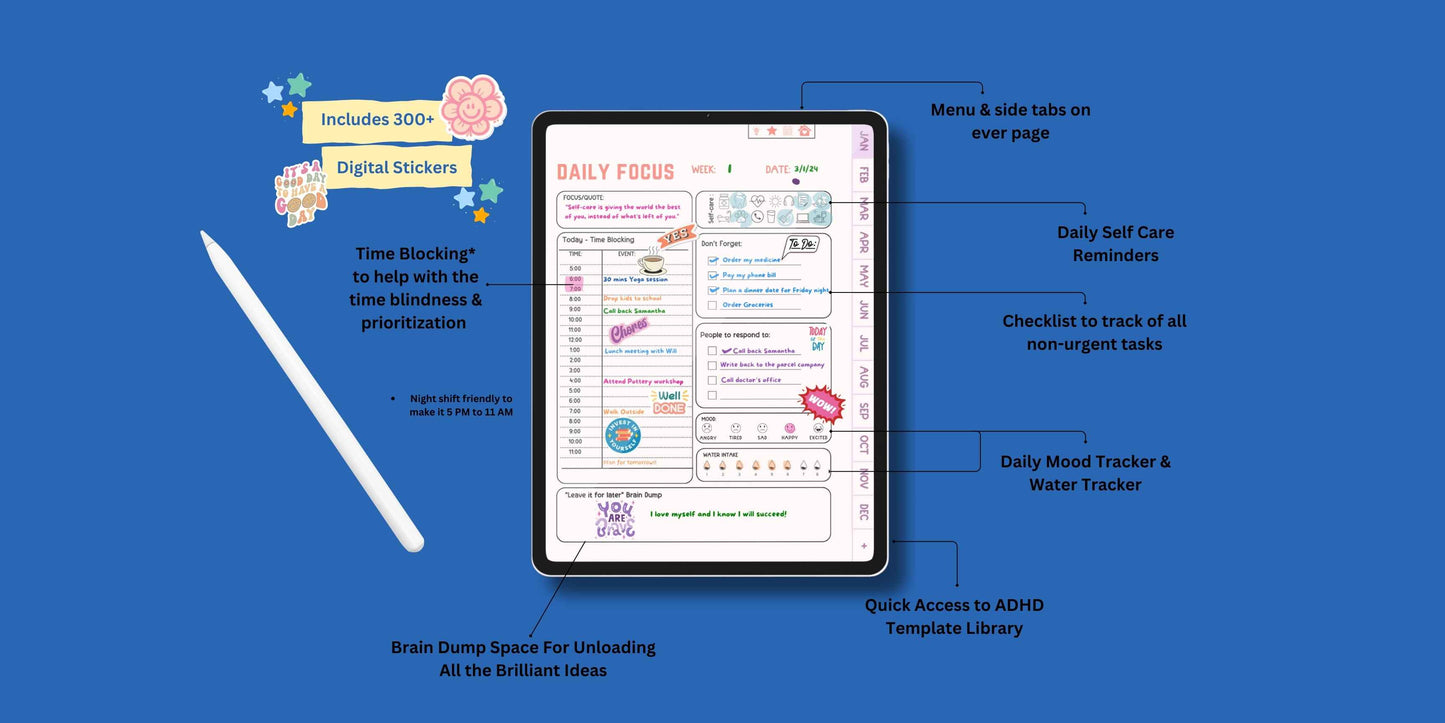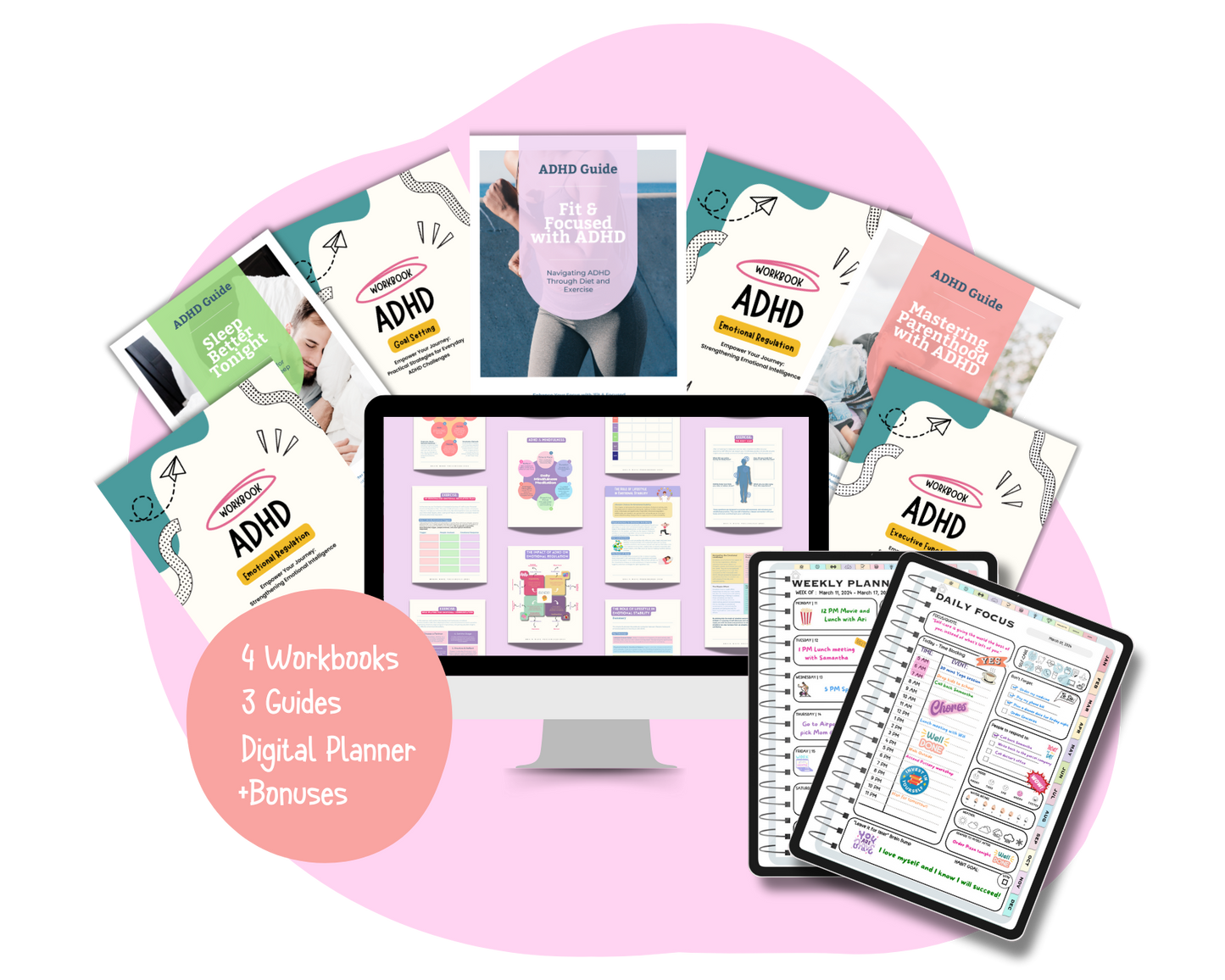Navigating Love & Intimacy with ADHD: A Practical Guide for Couples
Short version: ADHD doesn’t make you “bad at relationships.” It changes how attention, emotion, memory, and motivation work. With the right habits and tools, love can feel easier, steadier, and more fun.
How ADHD touches relationships (so you can work with your brain)
- Time blindness & forgetfulness: You care deeply and still miss texts, dates, or chores. It’s an executive function issue, not a lack of love.
- Rejection sensitivity (RSD): Small conflicts can feel like huge rejection, leading to shutdown, over-apology, or defensiveness.
- Emotional intensity & quick switches: Feelings move fast; partners may misread this as volatility or disinterest.
- Interest-based nervous system: Connection is easy when it’s novel; routines need scaffolding.
- Sensory factors: Noise, fabrics, lighting, and clutter can boost or block desire and closeness.
- Medication & energy: Stimulants, sleep, and stress can shift libido and mood. Plan for it openly.
Pro tip: Label the pattern, not the person. “This is time-blindness, not carelessness.” Language reduces blame and opens collaboration.
A simple weekly rhythm that keeps you close
-
15-minute “State of Us” check-in (same day/time weekly).
Micro-agenda:- Wins & gratitude (2 minutes each)
- What’s on your plate this week? (5 minutes)
- One friction point + one experiment (5 minutes)
- End with appreciation or a hug (1 minute)
- Schedule connection on purpose. Two micro-dates (30–60 min) + one intimacy window (cuddling, massage, conversation, or sex—keep it flexible).
- Use visual scaffolds, not memory. Shared calendar reminders or your planner.
Helpful tool: add these blocks to your ADHD Digital Planner so dates, chores, and check-ins happen automatically.
Communication that lands (especially with RSD)
- Signal words: Agree on a phrase that means “I’m overwhelmed, not leaving.” Example: “Pause—care about you.”
- Repair quickly: “I got activated; can we rewind?” → summarize your partner’s point → validate → decide the smallest next step.
- Use “when/then” requests: “When we get home, can we sit together for 10 minutes before chores?”
- Score wins out loud: ADHD brains need dopamine. Name small improvements often.
Emotional intimacy: safety before strategy
- Name shame & soften it: “I notice I’m spiraling into ‘I’m failing you.’ Can we check facts together?”
- Create a calm-down menu: 3–5 fast options each (walk, body scan, cold water, music, 10 slow breaths).
- Aftercare: After hard conversations or sex, schedule 10 minutes of decompression—tea, cuddle, or quiet time.
Reach for quick resets during tough moments with our Mindfulness & Coping Skills Cards.
Physical & sexual intimacy with ADHD—make it easier to start
- Design the room: Lower visual clutter, soften lighting, add textures you like, prep favorite music.
- Plan spontaneity: Put a 60–90-minute “maybe intimate” window on the calendar. If energy or meds don’t line up, pivot to massage, shower, or cuddling—still a win.
- Use a sensory menu: What touch, pace, words, and pressure feel good right now? ADHD preferences can change with stress and cycle.
- Start small: Agree on a “2-minute start”—kiss for a song, or a 5-minute back rub. Momentum beats perfection.
Build these conversations with the ADHD Lovebook for Couples—guided prompts for needs, boundaries, RSD repair, intimacy preferences, and a weekly connection plan.
Handle chores & logistics without killing the vibe
- Two-column board: “Must do” vs. “Would be nice.” Keep “must do” tiny.
- Body-double chores before dates: 15 minutes together clears mental clutter and boosts dopamine.
- Automate: Subscriptions, checklists, and recurring reminders.
Scripts you can steal
- Appreciation: “One thing I loved about this week: ____.”
- Overwhelm: “I’m at an 8/10. I need 10 minutes to reset, then I’m back.”
- Repair: “I see how that landed. The impact matters more than my intent. Want to try again?”
- Intimacy invite: “My energy is medium; a cozy cuddle + massage sounds perfect. Interested?”
Tiny frictions with big payoff
- Put phones on a shelf during micro-dates.
- Use shared timers so “5 minutes” is literal.
- Keep a “Connection Basket”: massage oil, soft blanket, conversation cards, headphones.
Need quick connection starters? Try our Date-Night Conversation Cards.
Boundaries make love safer (and hotter)
- Boundaries are what you will do to protect your energy (“If voices rise, I’ll step outside for 5 minutes and return”).
- Share a “yes/maybe/no” list for touch, topics, and timing.
- Display shared agreements somewhere visible.
Keep a calm visual cue with our Boundaries Poster for Couples.
When to get extra support
- Fights feel stuck on repeat.
- RSD or anxiety blocks basic repair.
- Mismatch in needs around sex, money, or chores is chronic and painful.
An ADHD-informed couples therapist can help you customize routines without shame.
Helpful Brainwave Focus tools for couples
- ADHD Lovebook for Couples (Workbook): prompts for communication, RSD repair, love languages, intimacy preferences, weekly connection plans, and gratitude pages.
- Date-Night Conversation Cards: quick prompts to deepen connection and play.
- Mindfulness & Coping Skills Cards: grab-and-go regulation before hard talks or intimacy.
- ADHD Digital Planner: shared routines, reminders, and date blocks so connection isn’t left to memory.
Supportive reads
- Navigating ADHD Romantic Relationships with Confidence
- ADHD & Anxiety: Understanding the Overlap
- Why Body-Doubling Works for ADHD Brains
FAQs
How do we keep closeness when life is busy and ADHD is loud?
Schedule two micro-dates and one intimacy window weekly, keep them short, and celebrate completion—not perfection. Use shared reminders so connection isn’t left to memory.
My partner takes conflict as rejection—what helps?
Use a signal phrase to pause, validate impact, and repair quickly. The ADHD Lovebook for Couples offers prompts that reduce RSD spirals and make repair easier.
What if our libidos don’t match?
Co-create an “intimacy menu” with low-pressure options (cuddling, massage, shower). Plan windows around energy or medication timing, and build in gentle aftercare so you end connected.
